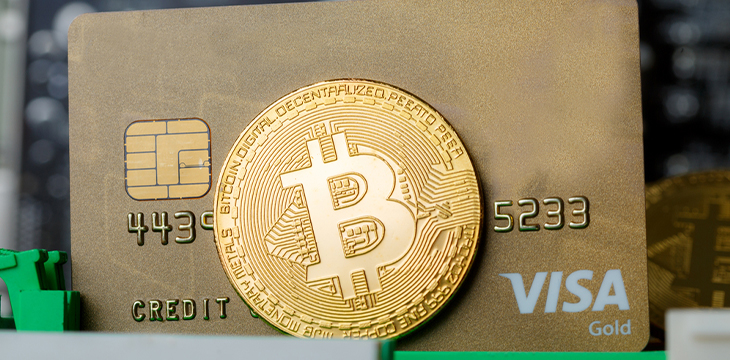|
Getting your Trinity Audio player ready...
|
In November 2023, Visa (NASDAQ: V) completed a trial on tokenized deposits in Hong Kong. The payments giant had partnered with HSBC (NASDAQ: HSBC) and Hang Seng Bank (NASDAQ: HSNGF) on the pilot, which also experimented with the use of the e-HKD for interbank settlements. It has now published a report detailing the trial, and it says that tokenized deposits can unlock payment efficiency, enhance transparency and reduce settlement risk.
In its trial, Visa focused on two use cases—purchase of high-value property and acquirer-to-merchant card settlement.
With the former, Visa designed a purchase process that leveraged smart contracts to enable real-time funds settlement. It cut down the time taken for such transactions from days to seconds, with the property developer being a Hang Seng Bank client while the buyer banked with HSBC. The transaction was settled in the proposed Hong Kong digital dollar (e-HKD).
The use of blockchain offered enhanced transparency, with its immutable ledger providing a tamper-proof audit trail.
The second proposed use case focused on acquirer-merchant card settlements. In this case, Visa’s tokenization solution, coupled with smart contracts, reduced the time an acquirer takes to process card payments from hours to seconds.
Visa found enhanced transaction speed and reduced costs to be some of the key benefits. In the pilot, tokenized deposits were burned on Hang Seng’s ledger and minted on HSBC’s ledger as the e-HKD simultaneously moved on the central bank’s ledger.
Atomic settlements, where the minting, burning and central bank digital currency (CBDC) settlements all happened simultaneously, eliminate settlement risk. Real-time payments improve banks’ liquidity by reducing collateral requirements.
The 24/7 availability of tokenized deposits and blockchain-enhanced privacy were cited as the other benefits.
On challenges, Visa cited a lack of interoperability with existing systems and low standardization. It also called for further evaluation to test the real-world scalability and performance of the solutions, as they have only been used in test environments.
“Tokenized deposits allow commercial institutions to bring efficiency to existing settlement processes and innovate new use cases,” commented Vincent Lau, HSBC’s head of digital money.
Meanwhile, the Hong Kong Monetary Authority (HKMA) has continued its CBDC development. Most recently, it signed a Memorandum of Understanding with the Banque de France to explore digital currencies and tokenization. The project will exist outside mBridge, the cross-border CBDC project HKMA has been working on with Thailand, the United Arab Emirates and China. mBridge is one of the most advanced projects of its kind and recently entered the Minimum Viable Product (MVP) stage.
Watch: How blockchain tech can help reduce costs for businesses

 03-02-2026
03-02-2026 




